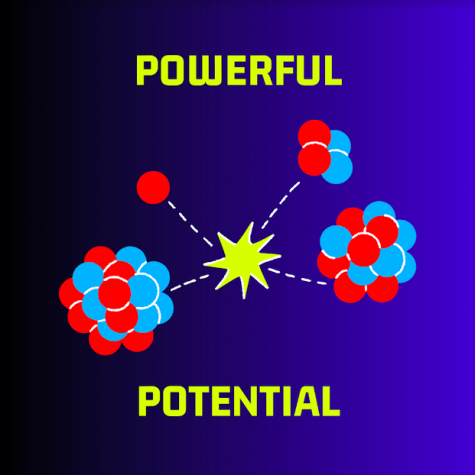How STEM influences elections
Many science, technology, engineering and mathematics (STEM) students often have one thing on their mind while in school: STEM. With the intense, all encompassing nature of STEM courses, it may be difficult to focus on or deeply pay attention to anything else. This has widespread implications for many fields, including politics.
It was found that college students with STEM majors had the lowest voting rate during the 2012 and 2016 national elections (Lsureveille). Students at Louisiana State University described their STEM classes lacking lessons concerning politics and civil issues science aims to fix.
STEM students make up a large portion of young adult voters, and their votes and voices matter. In society today, science and politics are more intertwined than one might think.
“In a thriving democracy, society forms politics, politics controls science and science informs both society and politics,” Ubadah Sabbagh said in Scientific American.
Sabbagh’s view is especially true for conducting scientific research. Policies may dictate what research may be conducted or not, as well as how this information is distributed to the public. Results from research may go on to change countless numbers of lives and make groundbreaking discoveries.
Leaders elected can have control over how much funding is allocated for certain projects and pressing issues. Climate change is one that remains on the rise, so it is imperative that factors such as these are kept in mind during elections. This also has an impact on the number of and types of jobs available for STEM majors.
It is also important to ensure that those in pivotal positions adhere to ethics in the sciences and in scientific research (Scientific American). Although it may not seem like it, extreme breaches of morality and ethics in clinical research such as the Tuskegee Experiment — which watched the natural progression of syphilis in hundreds of African men for decades, failing to provide treatment even when one became available (CDC) — really did not occur that long ago.
Furthermore, STEM majors are likely to be better versed in issues related to these fields. Staying aware of politicians’ plans and policies in these areas sets a precedent for others who may not have as much knowledge. This can lay the groundwork for educating people to make sure that they are making well informed decisions when voting (Red and Black).
In addition to STEM related impacts, voting is important for several other widespread reasons. Every student has likely heard the phrase, “you are the future.” As intimidating as it may sound, this statement holds truth — what happens now with elections and politics in part shapes that future.
Therefore, in any type of classroom all over the country, education concerning voting, elections and policies in related fields should be established. It is important to remain a well versed and well rounded person in society no matter what field someone is in.












